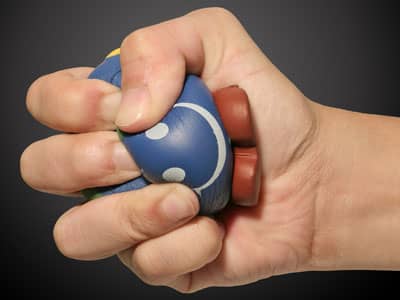2025-03-31
2025-03-31
More from beliefnet and our partners
Sign up for Beliefnet's Best of Beliefnet newsletter!
From time to time you will also receive Special Offers from our partners

